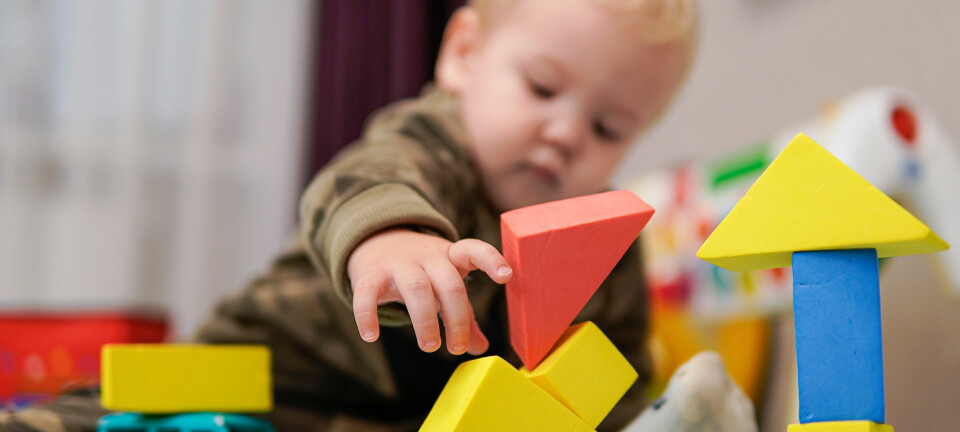
In several countries, studies show high levels of mild to moderate mental health and behavioural problems among young children.
Efforts have been made to improve the mental health of children in kindergartens.
Quite a lot of effort, it seems. These measures have had a measurable positive effect on children's mental health.
Now, Norwegian researchers want to find out if this can also help young Norwegian children.
Can teaching children to talk about their emotions contribute to their mental well-being as adults?
Is it possible to prevent mental health problems in kindergarten? That’s what researchers aim to find out.
Professor Arne Holte believes that many of the most common mental disorders, such as anxiety and depression, can be prevented.
But we need to start early.
At child health clinics, in kindergarten, and at school.
We need to think differently, according to Holte, who is a professor of health psychology and has served as the deputy director at the Norwegian Institute of Public Health.
The Norwegian government recently presented a new plan to improve mental health. However, according to Holte, there are many indications that the government’s plan is more of what doesn’t work very well.

Ingunn Størksen agrees that we need to do more to strengthen mental health early in life. She is a professor of educational psychology at the Centre for Learning Environment at the University of Stavanger.
Størksen heads a large research project called SELMA, which aims to help with this.
The researchers are now seeking consent from approximately 1,300 parents to involve their children in this research.
Mandatory guidance
One of the measures Arne Holte believes should be included in a new plan to improve mental health is the introduction of mandatory personal guidance for all new kindergarten staff.
“The differences in children’s mental health between kindergartens seem to be related to differences in adult-child relationships. This effect seems to persist even after several years of schooling,” he says.
“Most children spend more of their waking hours in daycare than anywhere else. Kindergarten staff need to learn more about the mental health of the very youngest, and they need to receive systematic and specific guidance on interacting with the youngest children.”

Little talk about emotions in daycare
Kindergartens are required to work towards promoting children's mental health, as stated in the publicly adopted framework plan for all Norwegian kindergartens.
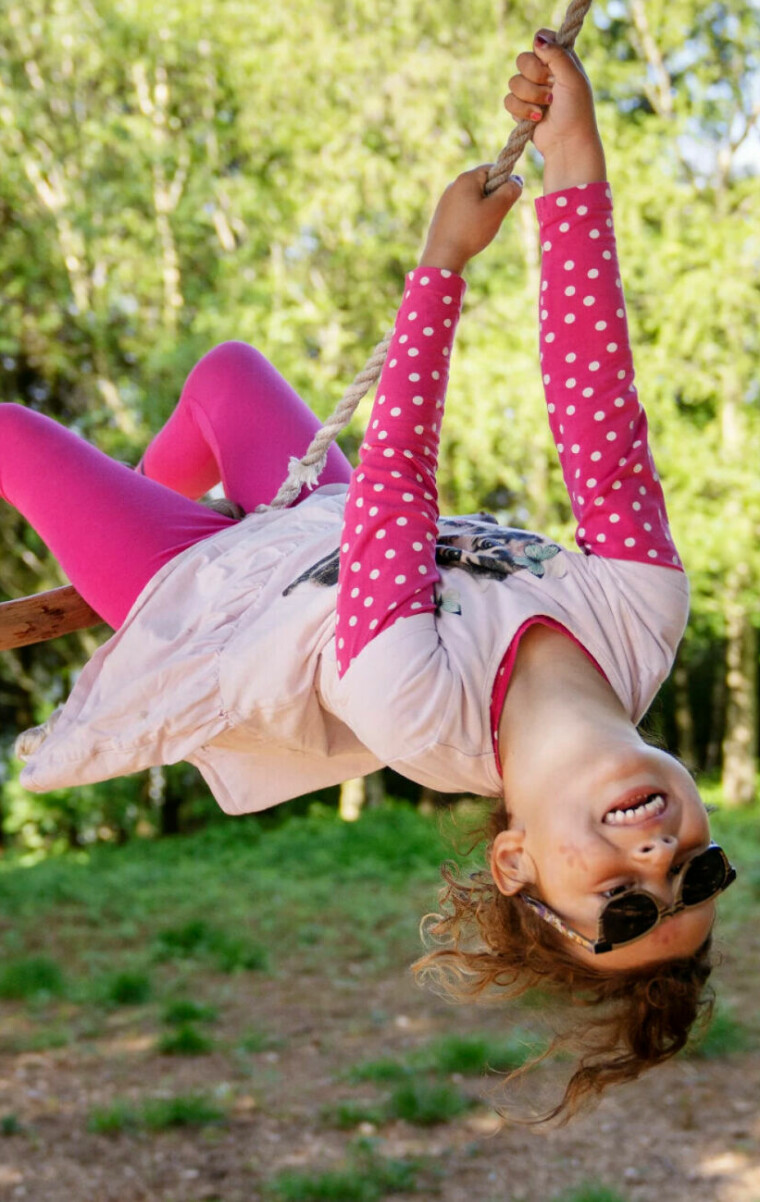
Daycare should support children in coping with adversity.
Daycare should help children become more resilient.
And help them understand their own and other people’s emotions.
Everything according to the framework plan.
“But there is very little information on how kindergarten staff should do this,” Ingunn Størksen notes.
Their project is precisely about specifying what daycare staff can do to enhance young children’s mental health and social development. Small children who will later become adolescents and then adults.
“We know that certain things have a preventive effect on young children's mental health,” Størksen says, listing them:
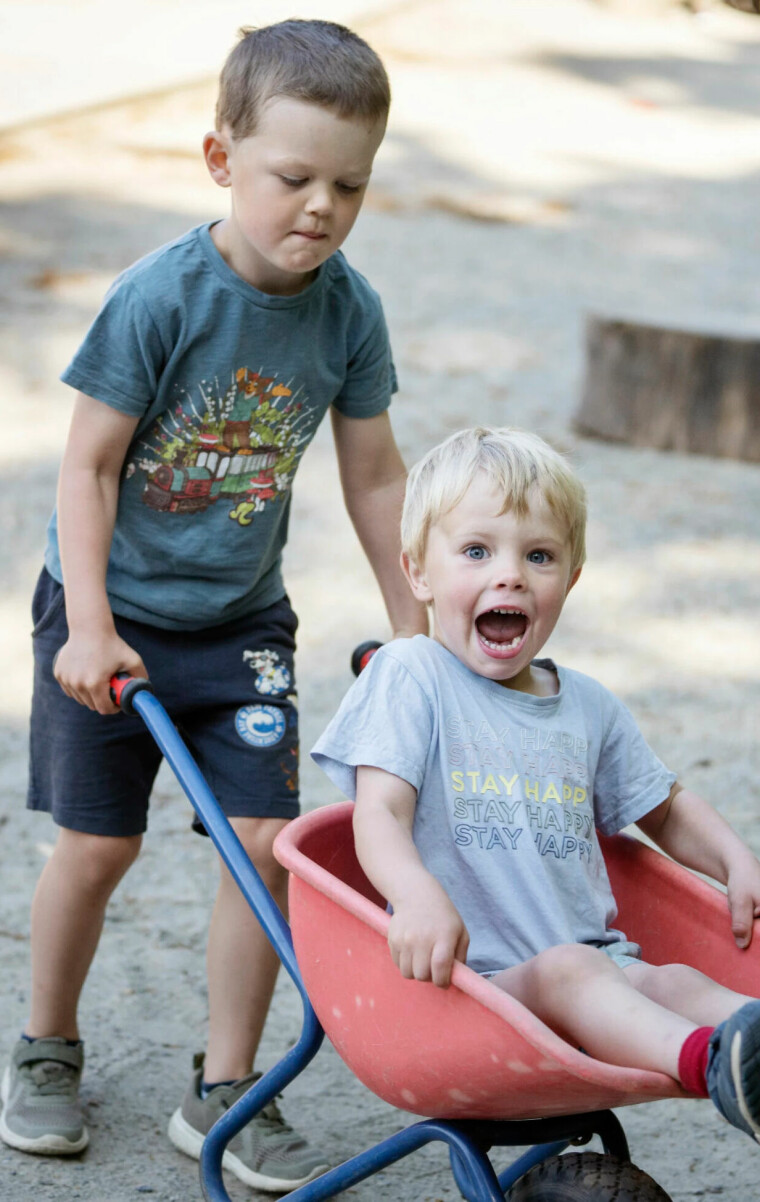
Interaction with others.
Experiencing engagement.
Experiencing the joy of life.
Experiencing a sense of achievement.
Receiving recognition.
A previous Norwegian research project showed that emotions were rarely discussed among the staff and children in kindergartens.
The researchers analysed numerous conversations and attempted to count the expressions related to emotions.
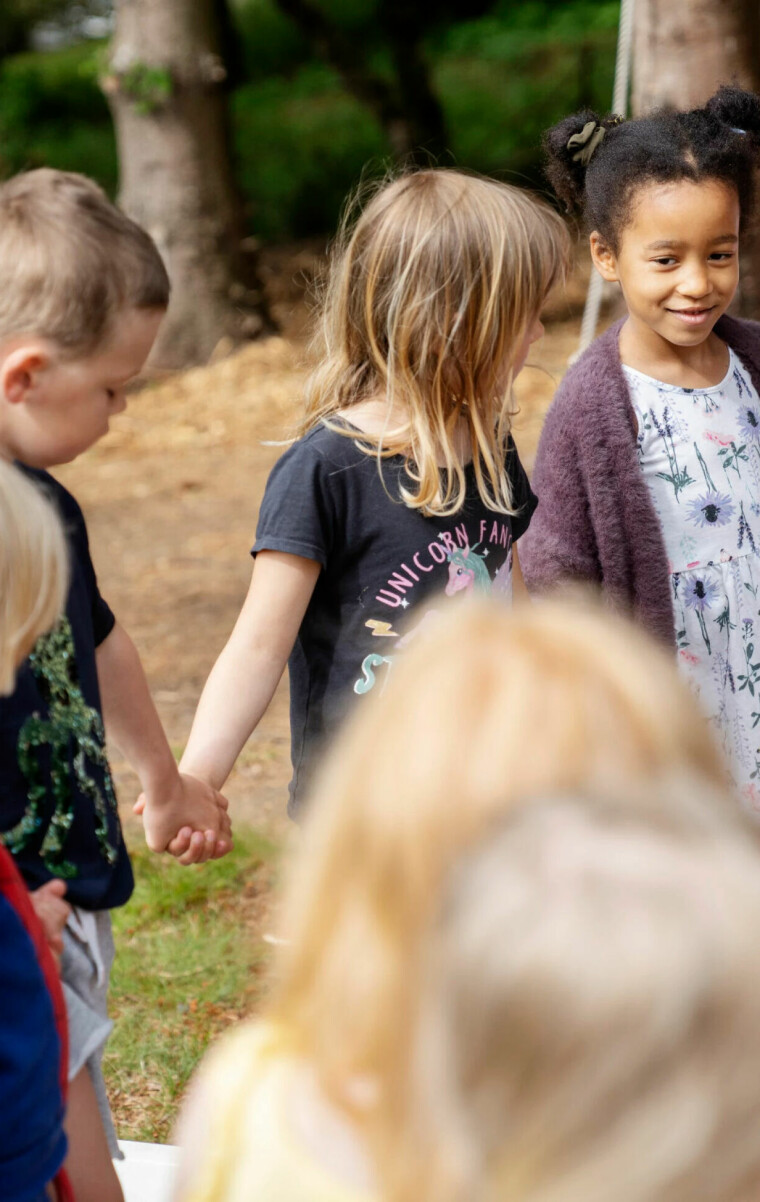
They discovered that emotions were rarely mentioned in daily language.
The staff and children hardly ever used words like 'sad', 'happy', 'upset', or 'anxious'.
Emotions were not discussed using any other terms than the ones mentioned. All of these aspects are important in promoting children’s mental health in kindergartens, Størksen explains.
The professor and her colleagues at the Centre for Learning Environment and the University of Stavanger Business School are collaborating with several international research partners on the SELMA project. The municipality of Sandnes and the Kanvas Kindergarten Foundation are also involved.
Supporting children’s understanding of emotions
They will test a new resource material among 5-year-olds in over 100 kindergartens. The researchers are working closely with the kindergarten staff.
“The key to strengthening children's mental health is to equip those working in kindergartens and provide them with expertise in this area. We know that if we want to be relevant to kindergartens, the resources must be developed in collaboration with them,” Størksen says.
The researchers have already created books, short films, and online resources that can provide kindergarten staff with further education in mental health.
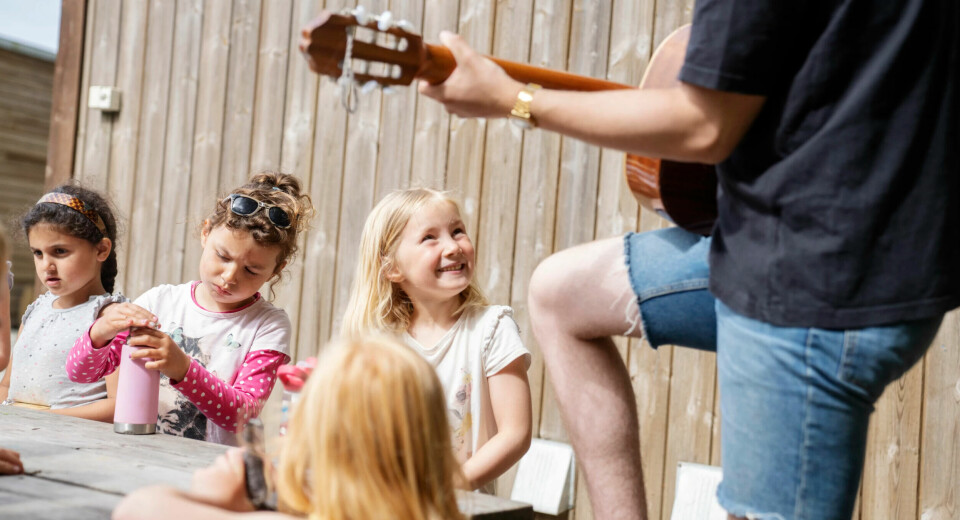
Much of this revolves around helping children manage their emotions.
Teaching children to understand their own and other children's emotions.
In this way, children who struggle in interactions with others can improve in this aspect.
The kindergarten staff becomes aware of how important they are and how their behaviour contributes to children's psychological development, the researcher believes.
The first language
Young children know a lot about emotions, according to Størksen.
“Emotions are, in fact, the first language a child learns. Communication between an infant and parents involves using eye contact and interpreting emotions. The child must understand eye contact in order to understand the world around them. When a mother exudes warmth and security, the child understands this,” she says.
As children grow older, it is also important to provide them with words to express their emotions, she believes.
“A child may feel anxiety as a knot in their stomach,” she says. “Adults must help the child understand and put this into words. If the psychological discomfort becomes incomprehensible and the child cannot talk about it, difficulties may arise.”
Ultimately, this is what mental health is fundamentally about, according to the professor.
“Interpreting and understanding oneself and being able to talk to others about it. It is important to alleviate the feeling of being overwhelmed by something you cannot cope with, which is associated with mental distress,” Størksen says.
Testing the tool
Half of the kindergartens in the project will use the newly developed SELMA resources, while the other half will continue as before, serving as a comparison group.
“We will test whether the resources work, whether children develop differently in the kindergartens that use them compared to those that do not,” the researcher says.
Mental disorders among young children have received significant international attention in recent years.
Numerous studies from various countries report high levels of mild to moderate mental health and behavioural problems among young children.
Similar measures have been implemented for children in other countries. These have had measurable positive effects on children's mental health, Størksen says.
Now, the Norwegian researchers aim to determine if this also holds true in Norway.
———
Translated by Alette Bjordal Gjellesvik.
Read the Norwegian version of this article on forskning.no
Reference:
Gjems, L. & Løkken, G. Barns læring om språk og gjennom språk - Samtaler i barnehagen (Children's learning about language and through language - Conversations in kindergarten), Cappelen Damm Akademisk, 2011.
Photos:
All the pictures of children are illustrative images taken by Maria von Krogh for the Centre for Learning Environment, University of Stavanger.
------










